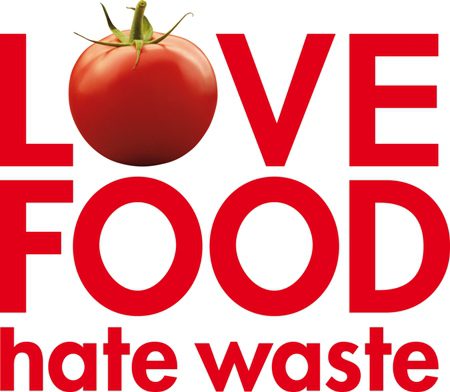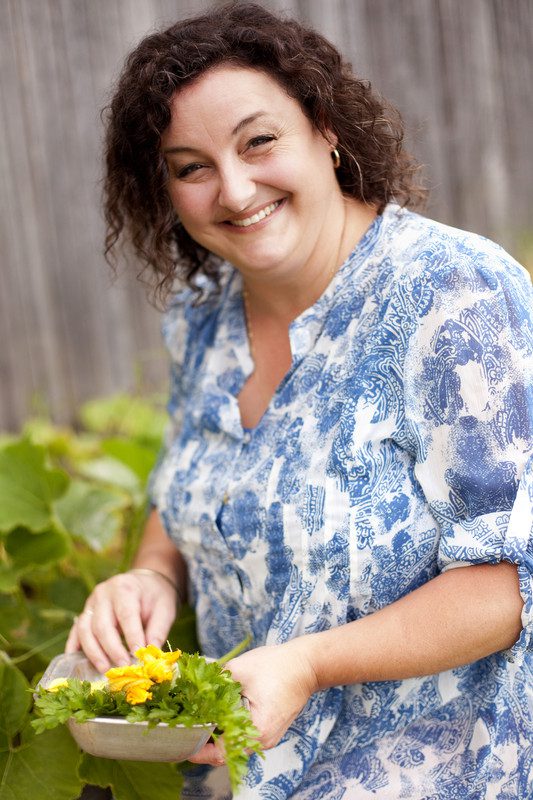
By Julie Goodwin – Oxfam GROW ambassador
According to Foodwise, Australians waste about $8 billion of edible food per year.
That figure is not only shocking in the economic sense, but also in the sheer magnitude of wasted resources that have gone into growing, creating, packaging, transporting and advertising that food.
There are steps that each of us can take as individuals to reduce this massive figure. Below are some of my top tips for avoiding waste in the kitchen.
 I like to plan meals ahead, so I only buy what I will use in the coming days. Shopping without a plan can lead to over-buying of fresh ingredients which will ultimately go to waste.
I like to plan meals ahead, so I only buy what I will use in the coming days. Shopping without a plan can lead to over-buying of fresh ingredients which will ultimately go to waste.- I got so tired of throwing away half-used bunches of fresh herbs I decided to grow my own. Live herbs in pots cost about the same as a cut bunch in a plastic sleeve and if they’re planted will give for weeks or even months. They can be grown in pots, garden beds, anywhere there’s a little bit of dirt!
- To reduce waste of fresh produce I have a few recipes up my sleeve for fruit or vegetables that are starting to turn and may not be appealing to eat as they are. Overripe tomatoes become chutney or pasta sauce, apples and bananas become cakes, stonefruits become jam. Pumpkins, even when the cut surface is becoming pockmarked and unappealing, are usually fine just a few millimetres below the surface.
- I like to buy and cook in bulk and freeze meals. This means I can take advantage of bulk buys, and I avoid wasting electricity, time and effort. Foods that freeze really well include Bolognese, casseroles/braises and curries. Food keeps for 3 months in the freezer so labelling it with the date is important so we use it before it’s too old.
- We compost our organic waste. It saves room in the bin and provides great fertiliser for the garden.
- Once our bread is too stale to eat, I put it in the freezer. When I have enough crusts or bread, I process them into breadcrumbs, then I keep these in the freezer. They are good for sausage rolls and meatloaf, Christmas pudding, and of course schnitzels and crumbed fish.
- I look for products that have minimal or no processing or packaging. Generally, the more processed, packaged and handled food is, the more expensive it is. (Compare the cost of a cabbage and some carrots gram for gram with a bagged, pre-made coleslaw mix for example.) It saves money, and the environment, and is nicer to eat!
-

Food storage is hugely important in minimising waste. Fruit and vegetables can last much longer in the fridge if they are stored properly. Bananas shouldn’t be kept near other fruit as they speed ripening. An overloaded fridge won’t run efficiently so keeping it organised helps to keep things fresh.
- I like to make use of leftovers but I find that if they are not stored properly they don’t last long and they don’t look appealing. So, I transfer them to a smaller, clean container before storing in the fridge.
- Leftover rice and pasta can be dry and unappealing when it’s reheated. I put a couple of spoonfuls of water into the container before reheating and they come up as good as new.
About Julie
Find out more about Oxfam’s GROW Ambassador, MasterChef Australia Winner Julie Goodwin at her GROW food poll results.